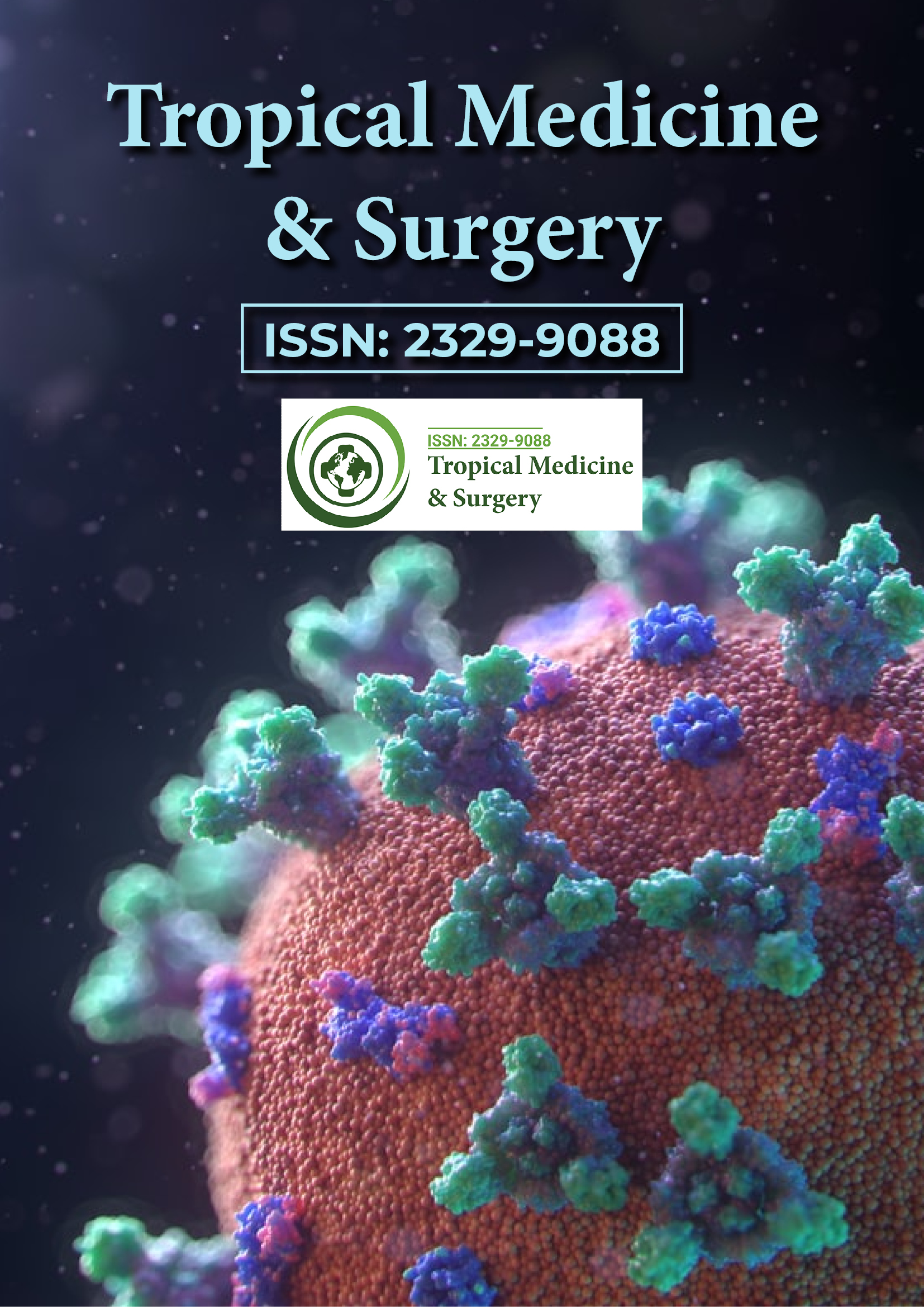Indexed In
- Open J Gate
- Academic Keys
- RefSeek
- Hamdard University
- EBSCO A-Z
- OCLC- WorldCat
- Publons
- Euro Pub
- Google Scholar
Useful Links
Share This Page
Journal Flyer

Open Access Journals
- Agri and Aquaculture
- Biochemistry
- Bioinformatics & Systems Biology
- Business & Management
- Chemistry
- Clinical Sciences
- Engineering
- Food & Nutrition
- General Science
- Genetics & Molecular Biology
- Immunology & Microbiology
- Medical Sciences
- Neuroscience & Psychology
- Nursing & Health Care
- Pharmaceutical Sciences
Perspective - (2023) Volume 11, Issue 5
Impact of Health Literacy on Parents of Sickle Cell Disease Children
Mitchell Jeffrey*Received: 01-Sep-2023, Manuscript No. TPMS-23-23346; Editor assigned: 04-Sep-2023, Pre QC No. TPMS-23-23346(PQ); Reviewed: 18-Sep-2023, QC No. TPMS-23-23346; Revised: 25-Sep-2023, Manuscript No. TPMS-23-23346(R); Published: 02-Oct-2023, DOI: 10.35248/2329-9088.23.11.326
Description
Sickle cell disease is a hereditary disorder that affects the red blood cells in the body. The red blood cells are distorted into a sickle shape, instead of having the normal disc shape. This disrupts their normal function of carrying oxygen and other nutrients throughout the body. Children with sickle cell disease experience a wide range of symptoms, from mild to severe, including pain, fatigue, difficulty breathing, and anemia. Having a child with Sickle Cell Disease (SCD) can be a difficult experience for any parent. SCD is an inherited disorder caused by a mutation in the hemoglobin gene, and it affects red blood cells. It can cause pain, fatigue, organ damage, and other serious health conditions. As such, it is essential for parents to have a good understanding of the condition in order to provide their child with the best possible care. Health literacy plays an important role in helping parents understand SCD and its impact on their child's health. Health literacy is referred to as the ability to obtain, understand, analyse, and use health information. When it comes to SCD, having a basic knowledge of the disease and its symptoms is to being able to provide appropriate care. Parents need to be aware of the potential complications associated with SCD and how these can be managed or prevented. In addition, they need to understand how lifestyle choices such as diet and exercise can affect their child's health.
Another important aspect of health literacy is having access to reliable sources of information about SCD. There are many online resources available for parents that provide accurate information about the condition. These resources can help parents make informed decisions about their child's treatment options and gain an overall better understanding of SCD. In addition to understanding aspects related to the medical management of SCD, having a good grasp on childhood diseases knowledge can also help parents make decisions regarding their children’s care. This includes knowledge on topics such as nutrition for children with special needs and guidance on how best support children who are dealing with chronic diseases like SCD.
Good health literacy is essential for providing adequate care for children with SCD. Parents must have access to reliable sources of information about the condition so they can make informed decisions related to diagnosis, treatment options, and lifestyle factors that may impact their child’s health. Furthermore, having knowledge about childhood diseases can help them better understand how best they can support their children during this challenging time. Health literacy plays an important role in helping parents understand Sickle Cell Disease (SCD) and its impact on their child's life. Having basic knowledge about SCDs symptoms and potential complications is necessary for providing appropriate care while understanding childhood diseases will help parents support their children more effectively during this challenging period.
Sickle Cell Disease (SCD) is a common childhood chronic disease, but many parents lack the necessary knowledge to properly care for their child. In fact, health literacy or the ability to understand and use health information to care for oneself plays an important role in how parents can provide support and preventive care to their children with SCD. Low health literacy can lead to inadequate management of the disease, leaving parents feeling overloaded and anxious. Childhood diseases like SCD require consistent monitoring and care, and low health literacy can make it difficult for parents to effectively manage their child’s condition on their own. Without adequate knowledge on symptoms, treatments, emergency preparedness, and more, parents may struggle to make decisions that are in the best interest of their child’s health. Additionally, when parents do not understand exactly what SCD is or how it affects their child’s body, they may be unable to prepare themselves or their child adequately for doctor’s visits or medical emergencies. Another issue faced by parents with low health literacy is difficulty understanding medication instructions. Poor comprehension of dosing instructions can put your child at risk for adverse reactions or inadequate control of the disease. Understanding side effects will also help us spot any adverse responses that their kids may be experiencing after commencing treatment. When it comes to managing SCD, preventative care is key for keeping your family healthy and out of the hospital. With proper understanding of SCD comes knowledge on lifestyle changes such as fluid intake and physical activity levels that are beneficial for child's overall well-being. Improving health literacy among parents of children with Sickle Cell Disease is an important step towards delivering better health outcomes.
Through utilizing available resources, keeping up-to-date on new advances, and having open dialogue with healthcare teams, these parents can gain enhanced knowledge of this complex disease so that they are better equipped to make informed decisions about their child's care.
Citation: Jeffrey M (2023) Impact of Health Literacy on Parents of Sickle Cell Disease Children. Trop Med Surg. 11:326.
Copyright: © 2023 Jeffrey M. This is an open access article distributed under the terms of the Creative Commons Attribution License, which permits unrestricted use, distribution, and reproduction in any medium, provided the original author and source are credited.
